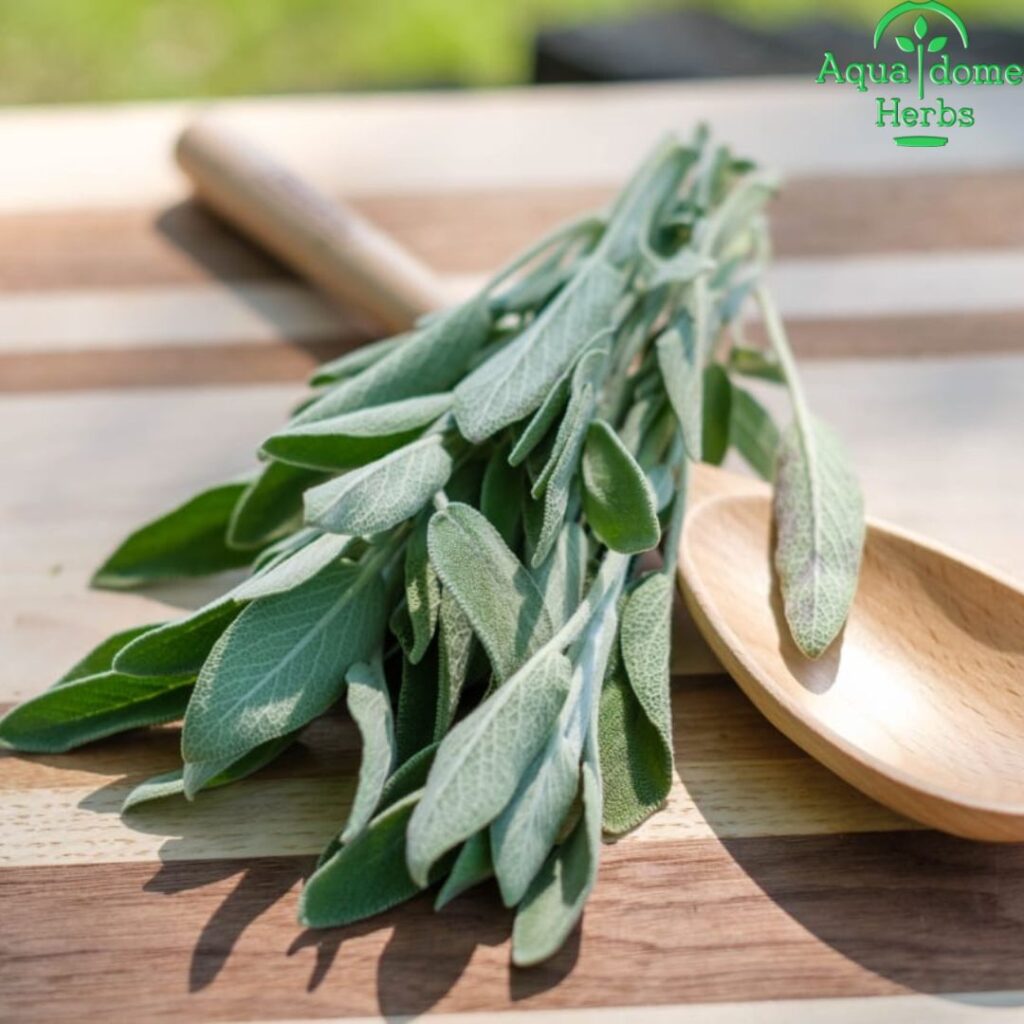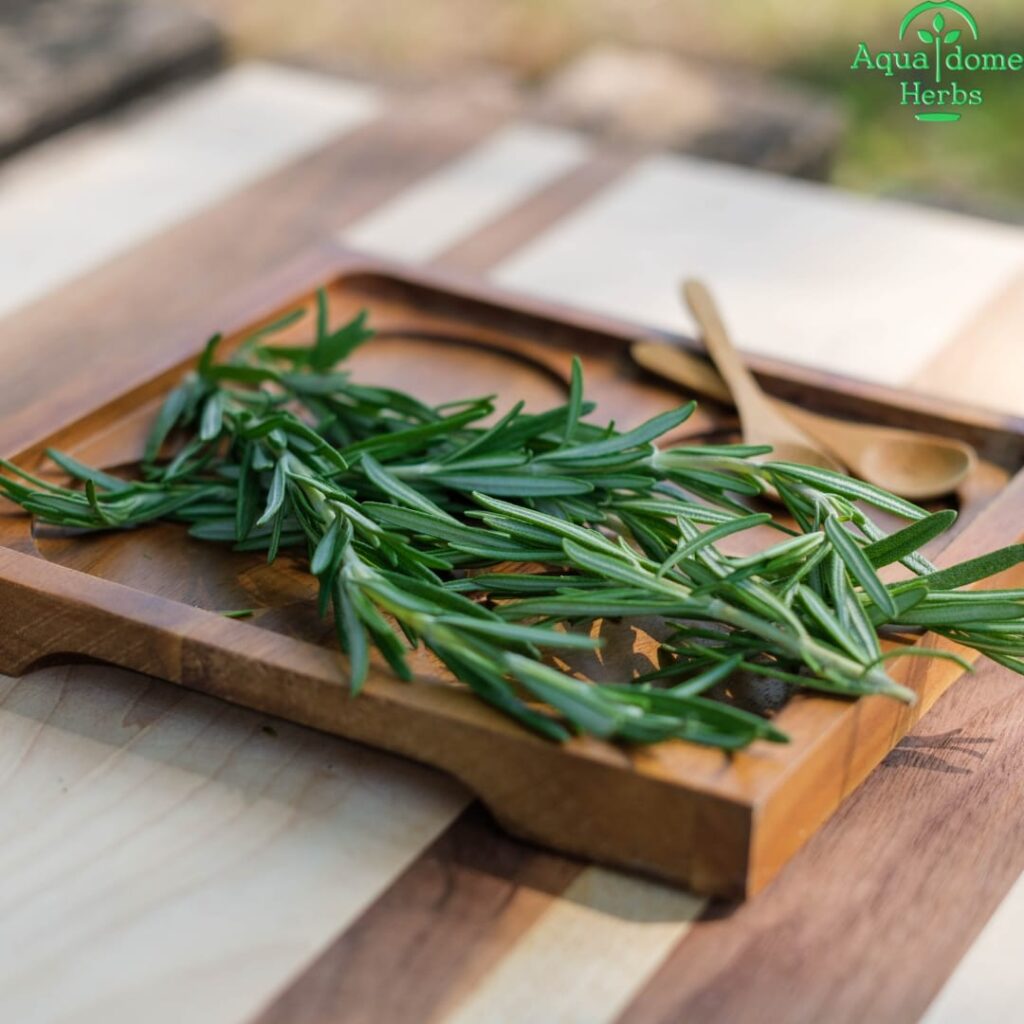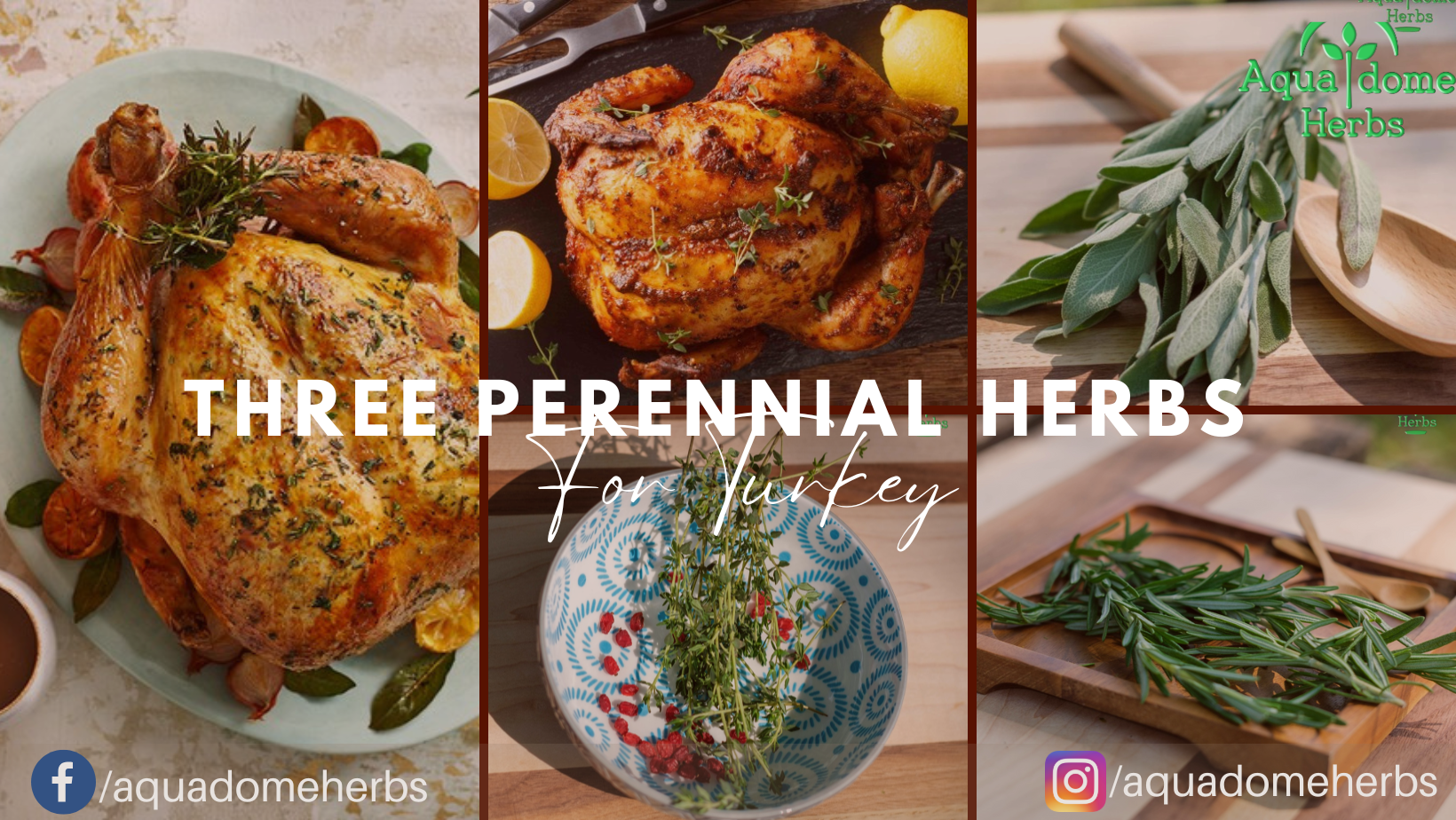As the holiday season approaches, the comforting aromas of a turkey roasting in the oven stir up memories of warmth about the way certain herbs can transform a simple dish into a feast filled with rich flavors and heartwarming aromas. With Thanksgiving just around the corner, it is time to choose the herbs to season your turkey that will not only enhance the taste but make it forever memorable. Among the most beloved choices for seasoning turkey are thyme, sage, and rosemary. These three herbs have not only withstood the test of time in kitchens around the world, but they also evoke the essence of tradition and celebration.
1. Thyme: The Subtle Elegance
Thyme is a small herb with a big impact. Its gentle, earthy flavor adds a layer of complexity to roasted turkey without overpowering the natural taste of the bird. Often used in Mediterranean cuisine, thyme brings a bright, slightly minty flavor that pairs beautifully with poultry.
What makes thyme particularly special is how it complements other ingredients. It has a delicate ability to bring out the flavors of garlic, lemon, butter, which are often part of a turkey recipe. Thyme infuses every bite with an herbal undertone that feels familiar yet fresh, making it an essential herb for turkey dishes.
But thyme is more than just a flavor enhancer. For many, the smell of thyme roasting with the turkey is a sensory bridge to memories of holiday dinners with family. It’s the subtle reminder that even in busy times, the slow process of cooking can create moments of reflection and connection.
How to Use Thyme with Turkey: To get the most out of thyme, try tucking a few sprigs inside the cavity of the turkey along with onion, garlic, and lemon. You can also mix fresh or dried thyme with butter to create a rich herb butter that can be spread under the skin of the turkey, ensuring every bite is infused with its flavor. Alternatively, thyme can be sprinkled over the turkey before roasting to add that final layer of flavor.

2. Sage: A Bold and Comforting Classic
Sage has a distinct, almost pine-like aroma with a touch of peppery spice, making it one of the most recognizable herbs in traditional turkey preparations. Its robust flavor adds a depth of warmth and richness that’s perfect for roasted turkey, especially when combined with the right seasoning blend.
Historically, sage has been associated with comfort foods, from stuffing to savory pies, and its strong flavor holds its own against hearty dishes. The intense, slightly peppery taste of sage is what gives turkey stuffing its distinctive flavor, and it has a way of grounding the other flavors in a dish, offering a deep and resonant finish to each bite.
In addition to its culinary uses, sage has long been a symbol of wisdom, renewal, and protection. The act of cooking with sage can feel like a small ritual in itself—an invitation to slow down, appreciate the moment, and embrace the warmth of the kitchen as the heart of the home.
How to Use Sage with Turkey: Fresh sage leaves can be chopped and mixed into a butter or oil rub to spread over the turkey before roasting. It’s also wonderfully added to the stuffing, bringing out the best of the dish’s savory elements. If you prefer a more subtle infusion, consider placing whole sage leaves inside the cavity of the turkey or layering them beneath the skin for a slow release of flavor.

3. Rosemary: The Fragrant Memory-Maker
Rosemary, with its pine-like aroma and sharp, woody flavor, brings a boldness to turkey that lingers long after the meal is finished. Its needle-like leaves pack a punch, so even a small amount can transform a dish. The aromatic quality of rosemary not only enhances the flavor of the turkey but also fills the kitchen with the kind of fragrance that sparks memories of families getting together.
The magic of rosemary is that it is often associated with remembrance, loyalty, and love. It is the herb that invites you to savor the present while honoring the memories of meals shared with loved ones. The flavor of rosemary carries a hint of nostalgia, as it has been used for centuries in hearty dishes and comforting recipes passed down through generations.
For many, the smell of rosemary roasting with the turkey creates a sense of anticipation. It is a reminder that food is not just sustenance—it is a way to connect, to celebrate, and to create lasting memories.
How to Use Rosemary with Turkey: Fresh rosemary can be used generously in turkey preparations. Like thyme and sage, rosemary pairs beautifully with butter or olive oil in marination for the turkey. It can be chopped and mixed with garlic and lemon zest for a zesty herb paste that will coat the turkey and lock in moisture. Rosemary sprigs can also be placed inside the turkey’s cavity, infusing the meat from the inside out as it roasts.

Bringing it All Together
When it comes to seasoning your turkey, thyme, sage, and rosemary each offer something unique. Together, they create a harmonious blend of flavors that balance the richness of the meat and the earthiness of the herbs. The combination of these three herbs not only enhances the taste but also makes the cooking process itself feel special, filling the kitchen with fragrances that signal something wonderful is on its way.
So, as you prepare your next turkey, take a moment to appreciate the role these timeless herbs play. Thyme for its subtle elegance, sage for its bold comfort, and rosemary for its fragrant warmth—they’re not just ingredients; they’re a part of the tradition, a part of the story you’re creating around your table.
No matter the occasion, cooking with these herbs transforms a simple turkey into a dish that evokes love, warmth, and togetherness. After all, it’s not just about the food on the plate—it’s about the memories made while sharing it.
Happy Thankgiving,
LoneStar Herbs

